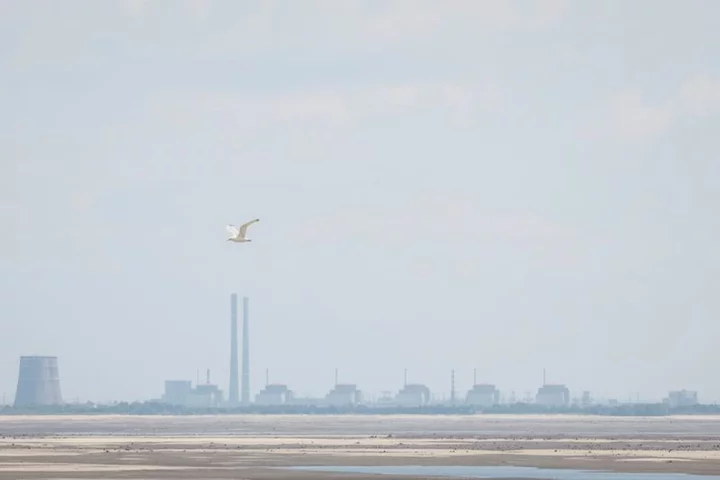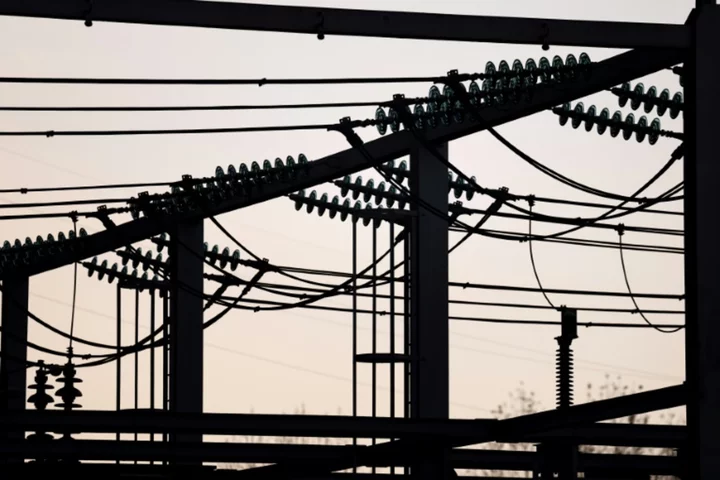VIENNA It is unclear whether water from the huge reservoir of the Kakhovka dam in Ukraine that burst last week can still be pumped to the nearby Zaporizhzhia nuclear power plant (ZNPP) for cooling, the U.N. nuclear watchdog said on Friday.
While the reservoir was a main source of water for cooling the six reactors and spent fuel ponds at Europe's biggest nuclear power plant, the plant can fall back on other sources including a large cooling pond which the International Atomic Energy Agency says has enough water to last for months.
The bursting of the dam has, however, further complicated an already difficult situation in terms of ensuring Russian-occupied Zaporizhzhia operates safely, the IAEA says. Shelling has repeatedly downed external power lines that are also vital to ensuring the cooling necessary to prevent a nuclear meltdown.
"There are ... indications that some water resources from the reservoir itself currently remain available in areas near the ZNPP," the IAEA said in a statement.
"But it is unclear if the level is high enough to pump it up for use at the plant. The pumps were last in operation about a week ago."
An IAEA team including the agency's Director General Rafael Grossi visited the plant on Thursday, crossing the front line to get there. A small team of IAEA experts based at the plant was also rotated out and replaced.
"The plant informed the Director General that additional cooling water can be pumped from an underground water system and on-site wells. But ... it is not yet known whether these wells can reliably provide all the required water," the IAEA said.
"New pumps that can potentially continue to access water at lower reservoir levels may also be installed," it added.
(Reporting by Francois Murphy; Editing by Frances Kerry)









